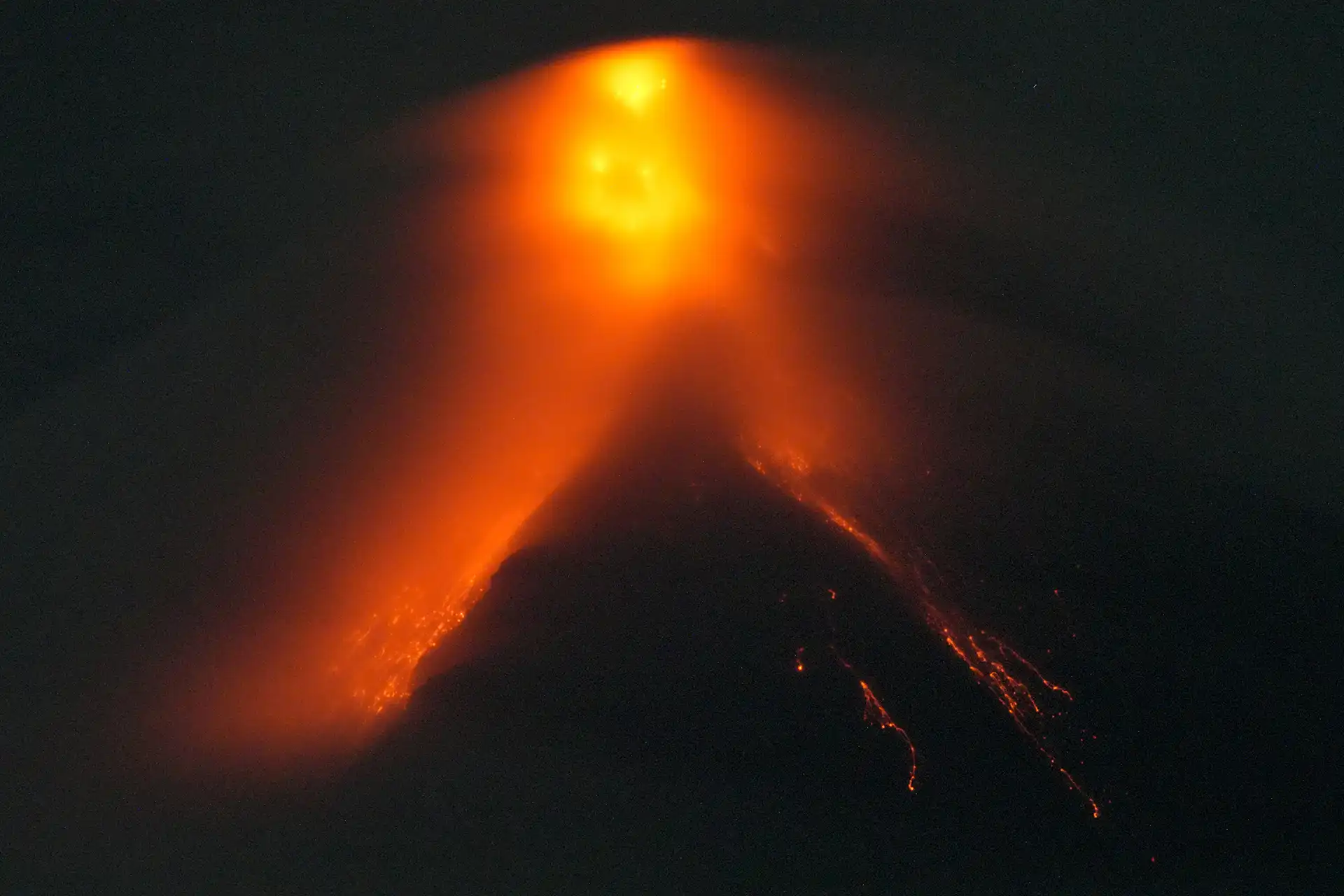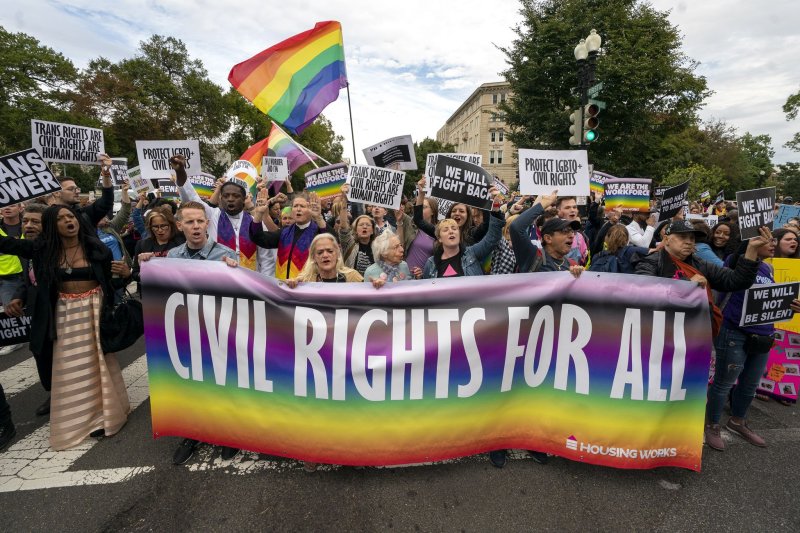
Thailand decriminalized cannabis one year ago, but a cloud of uncertainty remains over the industry. Photo by Thomas Maresca/UPI
BANGKOK, June 9 (UPI) -- Dispensaries can be found on seemingly every corner of this bustling capital city, their neon-lit marijuana leaves beckoning customers as Thailand marks the one-year anniversary of becoming the first country in Asia to decriminalize cannabis.
More than 1.1 million citizens have registered to grow cannabis and nearly 5,000 shops, with names such as Four Twenty and Best Buds, have opened their doors throughout the country over the past year. But the industry remains under a cloud of uncertainty about its future -- a future that has grown even hazier in the wake of last month's election.
The progressive Move Forward Party, which won a stunning victory on May 14, already has proposed reclassifying cannabis as a narcotic in a move that has alienated some supporters and alarmed industry insiders.
"[Cannabis] is being used as a weapon in politics," said Chokwan "Kitty" Chopaka, a longtime legalization advocate and entrepreneur.
"Maybe I was bamboozled into thinking that [Move Forward] actually cared," Chokwan told UPI at her dispensary, Chopaka, near Bangkok's busy Asok intersection. "Unfortunately, as soon as they felt like they could gain older voters or the conservatives, it all changed. I'm actually more scared since the election."
Move Forward, under the leadership of 42-year-old Pita Limjaroenrat, galvanized a younger generation of voters with an ambitious agenda that promised to rewrite the constitution, end military conscription and reform the lese-majeste law that makes it a crime to insult the king.
Since the election, however, the party has had to make concessions to draw support from more conservative factions as it attempts to form a government with Pita as prime minister.
Move Forward's largest coalition partner, the populist Pheu Thai party, campaigned on a strong anti-cannabis stance and promised to ban the recreational use of marijuana. The party traces its roots to former Prime Minister Thaksin Shinawatra, who led a brutal war on drugs before he was ousted in a 2006 coup.
"If [Move Forward] can form the government, I think it's a given that they will relist cannabis," Henning Glaser, a law professor at Thammasat University in Bangkok, told UPI. "Their coalition partners support it, and Pheu Thai is very conservative on this issue."
When cannabis was decriminalized last year, Thai Health Minister Anutin Charnvirakul focused on its medical benefits and touted it as a shot in the arm for the agricultural sector.
Thai authorities also picked up on it as a major tourism boost, particularly in the wake of the COVID-19 pandemic, and have eagerly marketed luxury spas offering cannabis oil massages and organic farm visits.
Lawmakers, however, failed to pass a proposed Cannabis Act to regulate the industry after decriminalization, leaving businesses to operate in a legal vacuum.
Alongside high-end cannabis lounges and carefully curated shops such as Chopaka, a huge number of street stalls and underground businesses have sprung up, creating a Wild West atmosphere that is helping to fuel opposition.
"The situation is not healthy because we didn't pass the cannabis bill in the parliament," Rattapon "Guide" Sanrak, another longtime activist and the co-founder of the pioneering dispensary Highland, told UPI.
"It's too easy to open and the regulation is very weak," he said. "There is oversupply and authorities cannot enforce the law."
The market has also been flooded with illegal imports, mainly from the United States, business owners say, causing prices to plunge and threatening growers' livelihoods.
"It's a huge amount and the quality is so low," Rattapon said. "It's hurting the growers, who invested a lot of money into equipment and electricity. When they finished their crops, they could not sell at the price that they expected."
The Move Forward Party has framed its position as a necessary move to stabilize the industry. The coalition's platform said it would "reclassify marijuana as a controlled substance" and implement new laws regulating and supporting its beneficial uses.
"The benefit of cannabis will always outweigh the disadvantage of having cannabis," party leader Pita said at a press conference last month. "For the shop owners, if you have followed the rules, if you did everything correctly, there will not be any impact on you. But we have a strong legal mandate to be able to control and slowly adjust Thai society, especially schoolchildren ... to the explosion of cannabis."
At the same time, there are questions about how much the government is going to be able to roll back the progress already made in an industry that is projected by some to be worth $9.6 billion by 2030.
Health Minister Anutin, who leads the election's third-largest vote-getter, the Bhumjaithai Party, remains the industry's biggest political cheerleader and has vowed that his party will not back down on pushing ahead with his signature policy.
Anutin, after casting his ballot while wearing a shirt decorated with marijuana leaves, picked up 71 seats in last month's election -- far more than anticipated and giving him some leverage in the Move Forward coalition's quest to control the 376 seats needed to form a government.
In the meantime, cannabis advocates around Thailand marked the one-year anniversary of decriminalization Friday by holding rallies against relisting cannabis as a narcotic and meeting with Move Forward Party officials to discuss policy options going forward.
"We don't want to see people going to jail for having one gram of cannabis," Rattapon said. "We will fight to have a balanced regulation -- not overregulated and not too weak."
Chokwan is working with advocates to draft a "people's version" of the Cannabis Act, which she said they will present to lawmakers when a new government is seated.
"That way, it can be said that it's not being used as a political weapon," she said. "It's not for one party or the other."
"But it takes time," Chokwan added, "I realized that being in this fight for cannabis is never-ending. And it always takes time to get people to understand."

Chokwan “Kitty” Chopaka, a longtime legalization advocate and entrepreneur, holds a jar of marijuana buds in her Bangkok shop Chopaka.

Staff at work in Highland, a pioneering cafe, bar and dispensary in the Lat Phrao area of Bangkok.

Almost 5,000 dispensaries have opened in Thailand since cannabis was decriminalized.

Strains on display at Chopaka.

Marijuana plants grow inside The Dispensary, a high-end shop on Bangkok's Sukhumvit Road.

Kush House sells a wide range of cannabis flowers, oils and edibles on Sukhumvit Road in Bangkok
.

Cannabis was decriminalized in Thailand on June 9, 2022.

Dispensary Four Twenty displays cannabis flowers and paraphernalia in Bangkok

Photos by Thomas Maresca/UPI







































